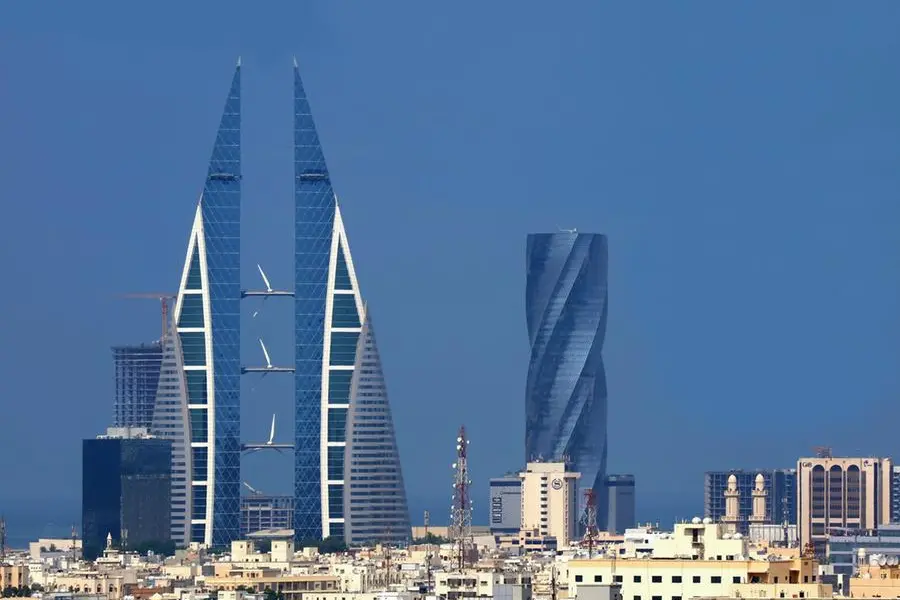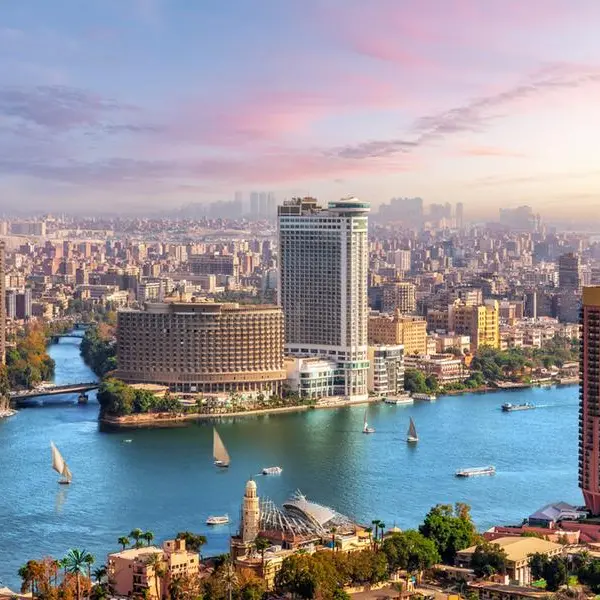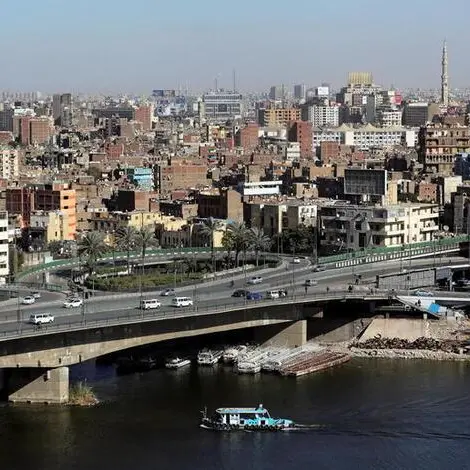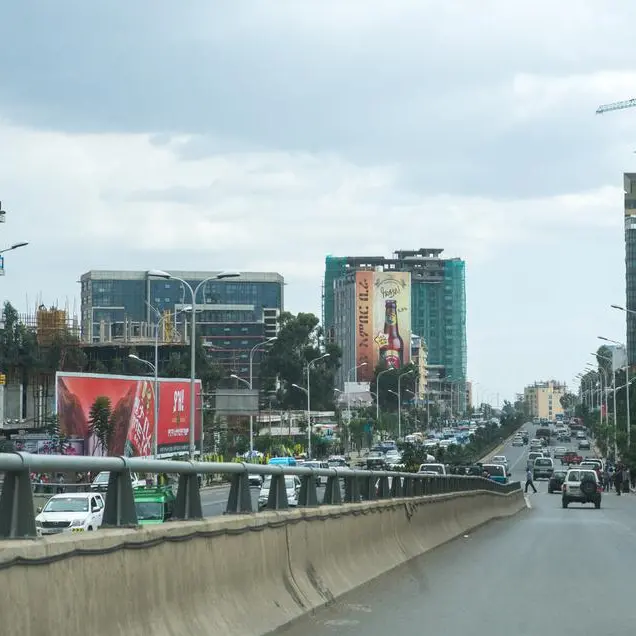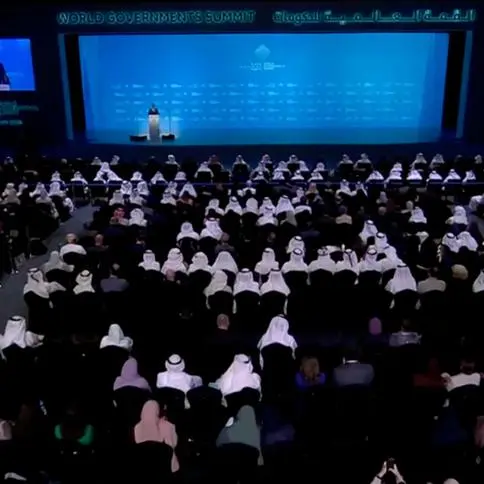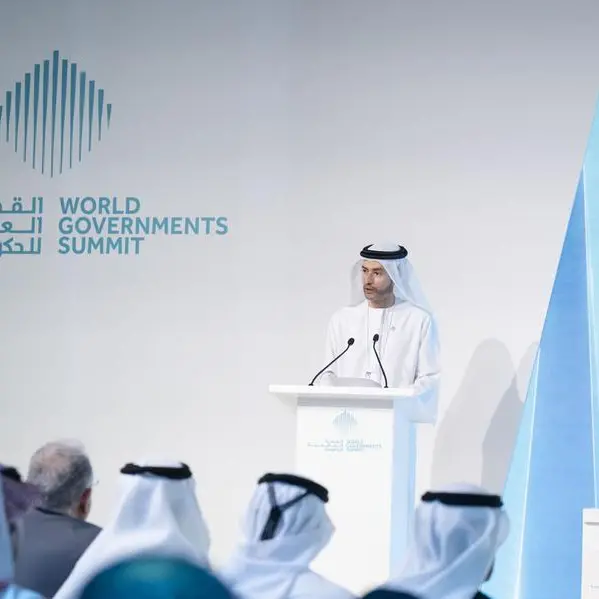PHOTO
Bahrain’s borrowing cap is set to be increased to BD22.5 billion from the current limit of BD16bn.
The decision comes as the country’s total debt surpassed the existing limit by BD1.9bn, reaching BD17.9bn by the end of last year.
The amendment to the 1977 Bonds Law, which will now be reviewed by the Shura Council, was approved by 33 MPs and rejected by six others during the Parliament session yesterday. One MP failed to attend the proceedings.
Finance and National Economy Minister Shaikh Salman bin Khalifa Al Khalifa acknowledged the financial strain following the proposed increase in borrowing, however, he emphasised that economic stability and the well-being of citizens remain the government’s top priorities.
“The economic dynamics and people’s standards of living are much more important,” he said.
“We will explore options that are effective and consider them later on with legislators. For now, we don’t need to stall the 2025-2026 national budget,” he added.
One of the key outcomes of discussions around the rise in borrowing is an agreement not to increase VAT, or remove subsidies on essential services such as electricity, water, and fuel –at least for now.
Parliament’s financial and economic affairs committee chairman MP Ahmed Al Salloom expressed gratitude to the government for its approach, stating that a balance between economic reforms and public welfare must be maintained.
“I thank the minister for listening to people and averting a catastrophic outcome on living standards and life in Bahrain,” Mr Al Salloom said.
However, he added that while Bahrain has been investing in economic diversification and infrastructure projects, the reliance on borrowing remains a pressing concern.
“The focus should now shift to legislative discussions and economic policy adjustments that could help address the debt issue without burdening citizens with additional taxes or subsidy cuts,” he added.
While the increase in borrowing is seen as necessary for short-term financial stability, a few legislators alleged that inefficiencies in government spending have led to rising debt.
MP Dr Abdulhakim Al Sheno criticised the country’s large administrative structure, arguing that reducing the size of the government could help control spending.
“The problem is simply an exaggerated number of ministries, government bodies, and agencies. We have an enlarged administrative structure that needs to be shrunk,” Dr Al Sheno said.
He also questioned the contribution of state-owned companies, which currently provide BD40 million to the national economy.
“Do we need to borrow if those companies contribute to the economy properly?” he asked.
According to the approved budget, the total spending for this year and the next will be BD8.916bn, divided into BD4.379bn this year and BD4.536bn the next.
A total of BD550m will be spent on projects, divided equally into BD275m each year.
The government is anticipating general revenues of around BD6.383bn – BD2.924bn this year and BD3.459bn the next.
A total of BD37.234m is expected to be transferred to the Future Generations Fund from exported oil barrels – BD18.703m this year and BD18.531m the next.
Copyright 2022 Al Hilal Publishing and Marketing Group Provided by SyndiGate Media Inc. (Syndigate.info).